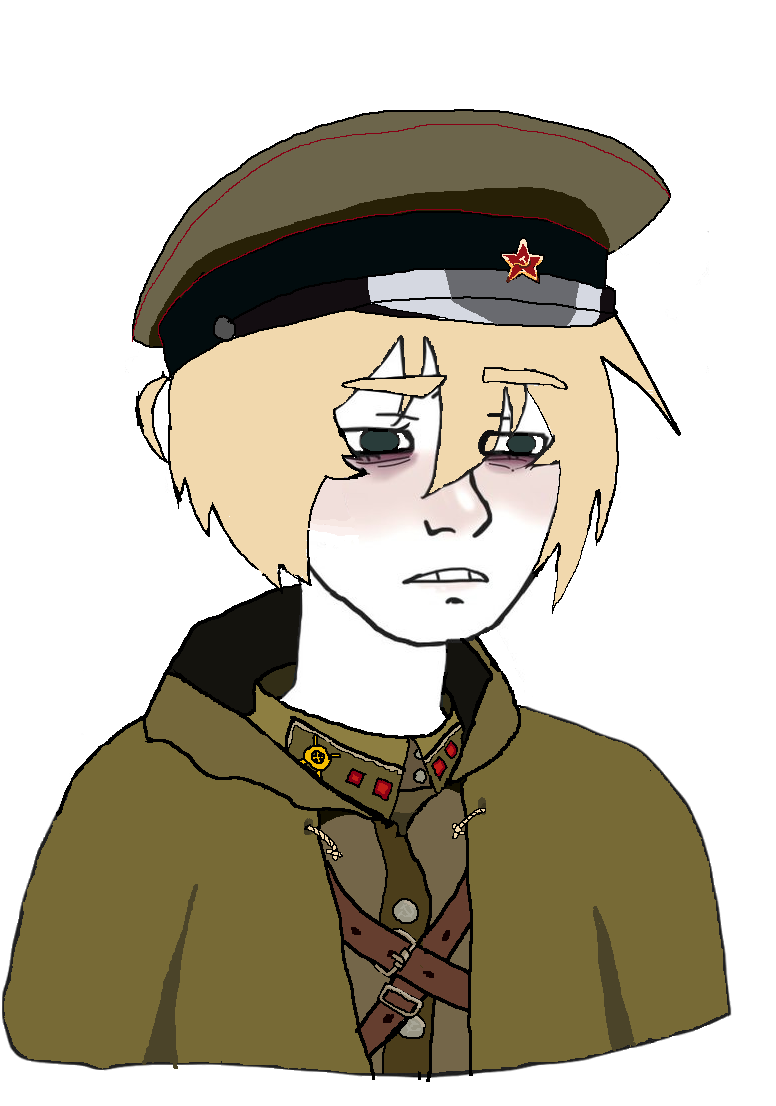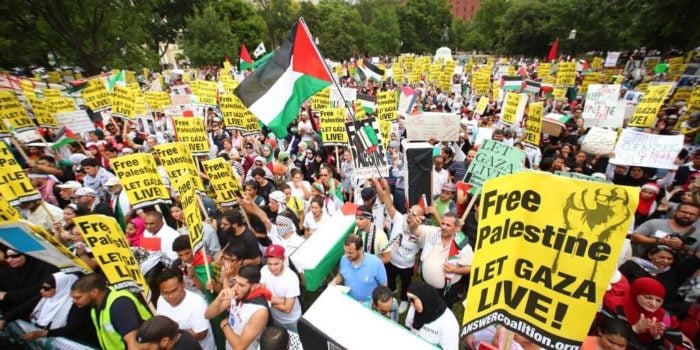The PSL says: Resistance to apartheid and fascist-type oppression is not a crime! It is the inevitable outcome for all people who demand self-determination rather than living with the boot-heel of the oppressors on their necks.
How is Israeli regime apartheid-like?
-
Racial segragation
-
One group is dominant, controlling government and military
-
One group has higher social status, enjoying more rights and freedom of movement, while the oppressed group has no constitutional protections against its rights and property being revoked to make more room for settlers
-
The oppressed group is severely restricted in terms of movement, funding of public facilities, and legal protection
-
The dominant group uses collective punishment on the entirety of the oppressed group when it retaliates.
-
Groups are socially, economically and physically separated
-
The Israeli regime is not ‘apartheid-like’. It is apartheid. In 2017 the UN published a report detailing how Israeli policy meets the legal definition of apartheid under international law in many ways.
This report establishes, on the basis of scholarly inquiry and overwhelming evidence, that Israel is guilty of the crime of apartheid. However, only a ruling by an international tribunal in that sense would make such an assessment truly authoritative. The authors therefore urge the United Nations to implement this finding by fulfilling its international responsibilities in relation to international law and the rights of the Palestinian people as a matter of urgency, for two reasons. First, the situation addressed in the report is ongoing. Many investigations of crimes against humanity have concerned past behaviour or events, such as civil wars involving genocides, which have formally concluded. In such cases, the international community faces no particular pressure to act in a timely way to terminate an ongoing crime prior to investigating the legal facts of culpability. In the case of Israel-Palestine, any delay compounds the crime by prolonging the subjugation of Palestinians to the active practice of apartheid by Israel. Prompt action is accordingly imperative to avert further human suffering and end a crime against humanity that is being committed now.
The UN said this.
The report was then quickly suppressed - being removed from its original site. The only reason Israel currently isn’t universally recognised to be an apartheid state is due to a lack of political will to hold a tribunal.
Legal analysis cited here from Beyond Occupation draws from work by contributors to a study conducted between 2007 and 2009, under the auspices of the Human Sciences Research Council of South Africa (HSRC) and at the request of the South African Ministry of Foreign Affairs. … The method was to review Israeli practices in accordance with the list of “inhuman acts” described in the Apartheid Convention. The team determined that Israel was practicing every act listed in the Convention except genocide and the ban on mixed marriages. Subsequently, Israel passed a law banning mixed marriages by people registered as having different religious identities. The revised version of the report published in 2012 was amended accordingly.
Apartheid Convention, article II: (a) denial to a member or members of a racial group or groups of the right to life and liberty of person:
- (i) by murder of members of a racial group or groups;
- (ii) by the infliction upon the members of a racial group or groups of serious bodily or mental harm, by the infringement of their freedom or dignity, or by subjecting them to torture or to cruel, inhuman or degrading treatment or punishment;
- (iii) by arbitrary arrest and illegal imprisonment of the members of a racial group or groups;
Article II (a) is satisfied by Israeli measures serving to repress Palestinian dissent against the occupation and its system of domination. Israeli policies and practices include murder, in the form of targeted extrajudicial killings; torture and other cruel, inhuman or degrading treatment or punishment of detainees; a military court system that falls far short of international standards of due process, including fair trial; and arbitrary arrest and detention of Palestinians, including administrative detention imposed, often for extended periods, without charge or trial and lacking adequate judicial review. All of those practices are discriminatory, in that Palestinians are subject to different legal systems and different courts, which apply different standards of evidence and procedure that result in far more severe penalties than those applied to Jewish Israelis.





